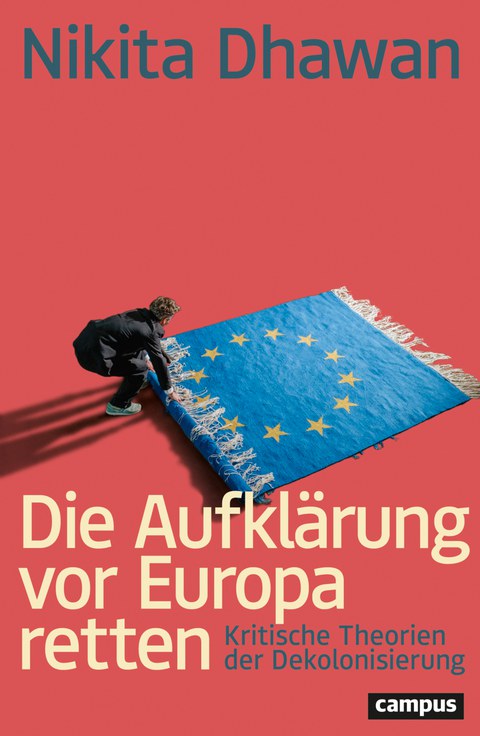Apr 26, 2024
Announcement: Rescuing the Enlightenment from Europe - A book by Nikita Dhawan
Postcolonialism meets critical theory
The political philosopher Nikita Dhawan attempts to bring together postcolonial, queer-feminist theories and theories of enlightenment - in the tradition of Kant, Adorno and Spivak. She draws emancipatory potential from these seemingly irreconcilable philosophical and political currents and outlines critical theories of decolonization. These can help to make post-imperial futures of our society conceivable in the face of multiple crises.
Postcolonial studies that deal with the legacy of global colonialism and imperialism are currently being criticized, particularly from the right but also from the liberal side: they are accused of being against the Enlightenment, nihilistic, Eurocentric and ultimately anti-Semitic. Nikita Dhawan, however, argues that these accusations are at best based on misunderstandings of the project of decolonization. She attempts to trace the "missed encounters" between postcolonial and Holocaust studies and furthermore to clear up the "identity confusion" between postcolonial and decolonial approaches. To summarize, Dhawan sheds light on the contradictory consequences of the Enlightenment without taking a counter-Enlightenment stance. For her, "saving the Enlightenment from Europe" means asserting the indispensability of the Enlightenment in the implementation of critical projects, while at the same time considering its "toxic legacy".
You can find a book review with Nikita Dhawan at Deutschland Funk Kultur: ‘Sein und Streit’.
The book was placed on the non-fiction best book list for November 2024 by ZDF, Deutschlandfunk Kultur and DIE ZEIT.
Nikita Dhawan in an interview with Miguel de la Riva for the philosophy magazine: ‘We should try to be better Kantians than Kant’.
Nikita Dhawan in an interview with Arlene Güthenke for Philosophie-Magazin: ‘We carry the legacy of colonialism within us’
A review of the book on Mutable Matter
Nikita Dhawan in an interview with Beate Hausbichler for the newspaper ‘Der Standard’

